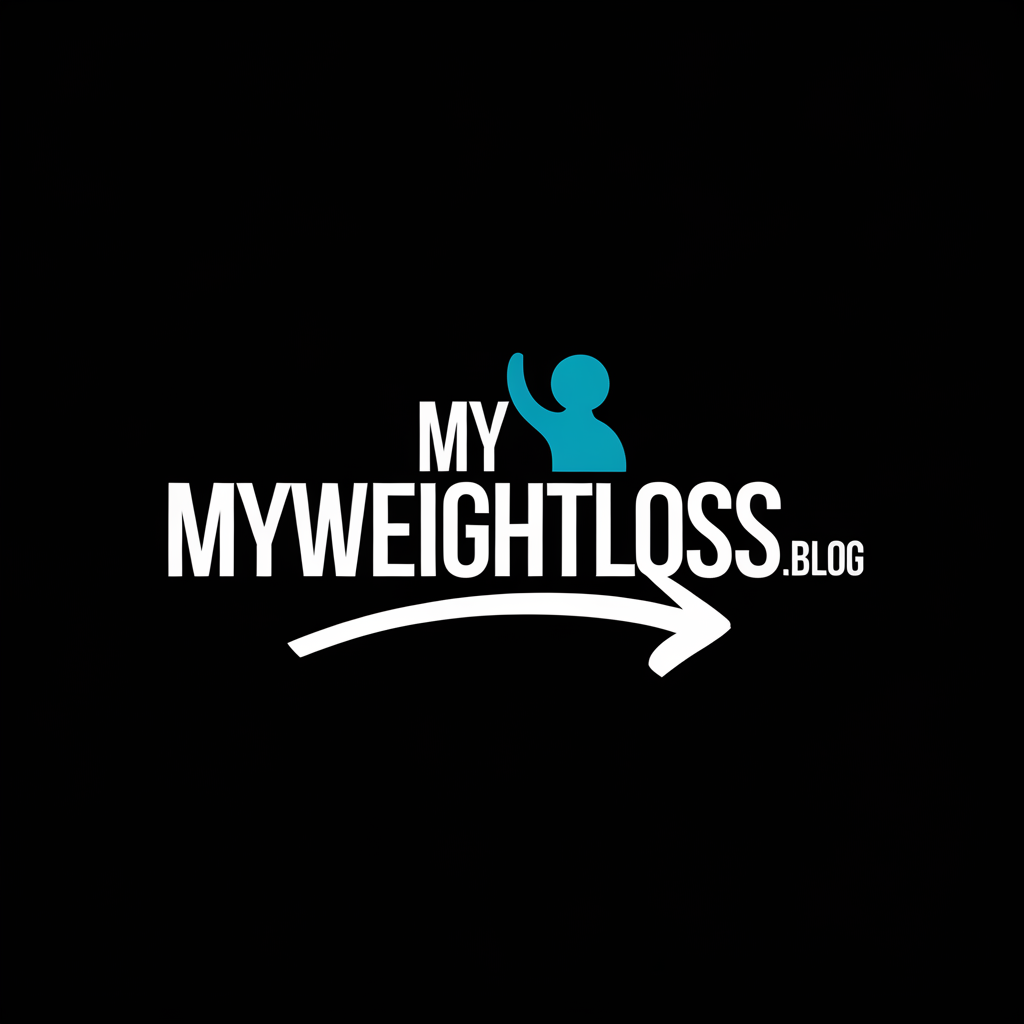Why Cutting Carbs Isn’t the Best Way to Lose Weight!
Cutting carbs isn’t the best way to lose weight because it oversimplifies nutrition and can cause fatigue and irritability. Carbohydrates are a vital energy source for your brain and muscles, and enjoying quality carbs like whole grains and fruits supports overall health. Focusing on nutrient-dense foods and maintaining a balanced approach promotes lasting weight loss success. You’ll discover more strategies that help you achieve your weight loss goals by embracing a more holistic perspective.
The Myth of Carbohydrate Restriction
While many believe that cutting carbs is essential for weight loss, this notion is often oversimplified. You might think that eliminating carbohydrates will automatically lead to shedding pounds, but the reality is more complex.
Carbohydrates are a primary energy source, and your body needs them to function optimally. When you restrict carbs too much, you risk feeling fatigued, irritable, and deprived.
Instead of focusing solely on cutting carbs, consider the quality of the foods you eat. Whole, unprocessed carbs can provide essential nutrients and fiber, which help keep you full and satisfied.
It’s crucial to adopt a balanced approach to eating that includes a variety of foods rather than strictly avoiding one group. Embrace moderation instead of restriction for lasting weight loss success.
Understanding the Role of Carbs in a Balanced Diet
Carbohydrates play a vital role in maintaining a balanced diet, as they provide your body with the energy it needs to function effectively. When you consume carbs, your body breaks them down into glucose, which fuels your brain, muscles, and organs.
Not only do carbs help sustain your energy levels throughout the day, but they also support digestion and overall health. Including a variety of carbohydrates, such as whole grains, fruits, and vegetables, ensures you get essential nutrients and fiber.
Instead of cutting carbs entirely, focus on choosing healthier options. This way, you’ll maintain your energy and support your body’s needs while still working toward your weight loss goals.
The Importance of Nutrient Density
Making informed choices about the foods you eat can significantly impact your weight loss journey. Instead of simply cutting carbs, focus on nutrient density—choosing foods that provide essential vitamins, minerals, and other beneficial compounds without excessive calories.
Whole foods like fruits, vegetables, lean proteins, and whole grains pack a nutritional punch, helping you feel fuller longer and reducing cravings. When you prioritize nutrient-dense options, you’re more likely to maintain energy levels and support overall health, making it easier to stick to your weight loss goals.
Sustainable Weight Loss Strategies
To achieve lasting weight loss, it’s crucial to adopt strategies that fit seamlessly into your lifestyle. Start by setting realistic goals that motivate you, rather than overwhelming you.
Focus on incorporating whole foods into your meals, like fruits, vegetables, lean proteins, and healthy fats. Instead of strict dieting, aim for balanced portions and mindful eating.
Regular physical activity is essential, so find enjoyable workouts you can stick with, whether it’s walking, dancing, or cycling.
Also, prioritize sleep and stress management, as both significantly impact your weight.
By making small, sustainable changes, you’ll create healthy habits that last, helping you reach your weight loss goals without feeling deprived or overwhelmed.
Real-Life Success Stories: Finding Balance
Many people find inspiration in real-life success stories that showcase how balance can lead to sustainable weight loss.
You’ll see that cutting carbs isn’t the only way to achieve your goals. Instead, embracing a balanced approach can yield fantastic results.
Here are some key takeaways from those who’ve succeeded:
- They prioritized whole foods, enjoying a variety of fruits, vegetables, and proteins.
- They incorporated regular physical activity, finding workouts they genuinely loved.
- They practiced mindful eating, focusing on portion sizes and savoring each bite.
These stories remind you that it’s possible to indulge occasionally while still making progress.
Frequently Asked Questions
Can Cutting Carbs Lead to Muscle Loss?
Yes, cutting carbs can lead to muscle loss if you’re not getting enough calories or protein. Your body may start breaking down muscle for energy, so balance your diet to maintain muscle mass while losing weight.
What Are the Best Types of Carbs to Eat?
When choosing carbs, focus on whole grains, fruits, and vegetables. These options provide essential nutrients and fiber, helping you feel full longer and maintain energy levels. Remember, balance is key to a healthy diet.
How Do Carbs Affect Energy Levels During Workouts?
Carbs fuel your workouts by providing quick energy. When you consume them before exercising, you’ll notice improved performance and endurance. They help replenish glycogen stores, ensuring you stay energized throughout your training sessions.
Are Low-Carb Diets Sustainable Long-Term?
Low-carb diets can be tough to maintain long-term. You might find it challenging to stick with them, as cravings and social situations often tempt you to return to your regular eating habits. Balance is key!
Do Carbs Impact Mood and Mental Health?
Yes, carbs do impact mood and mental health. They help produce serotonin, a key neurotransmitter that regulates mood. When you lower carb intake, you might experience irritability or fatigue, affecting your overall well-being.

